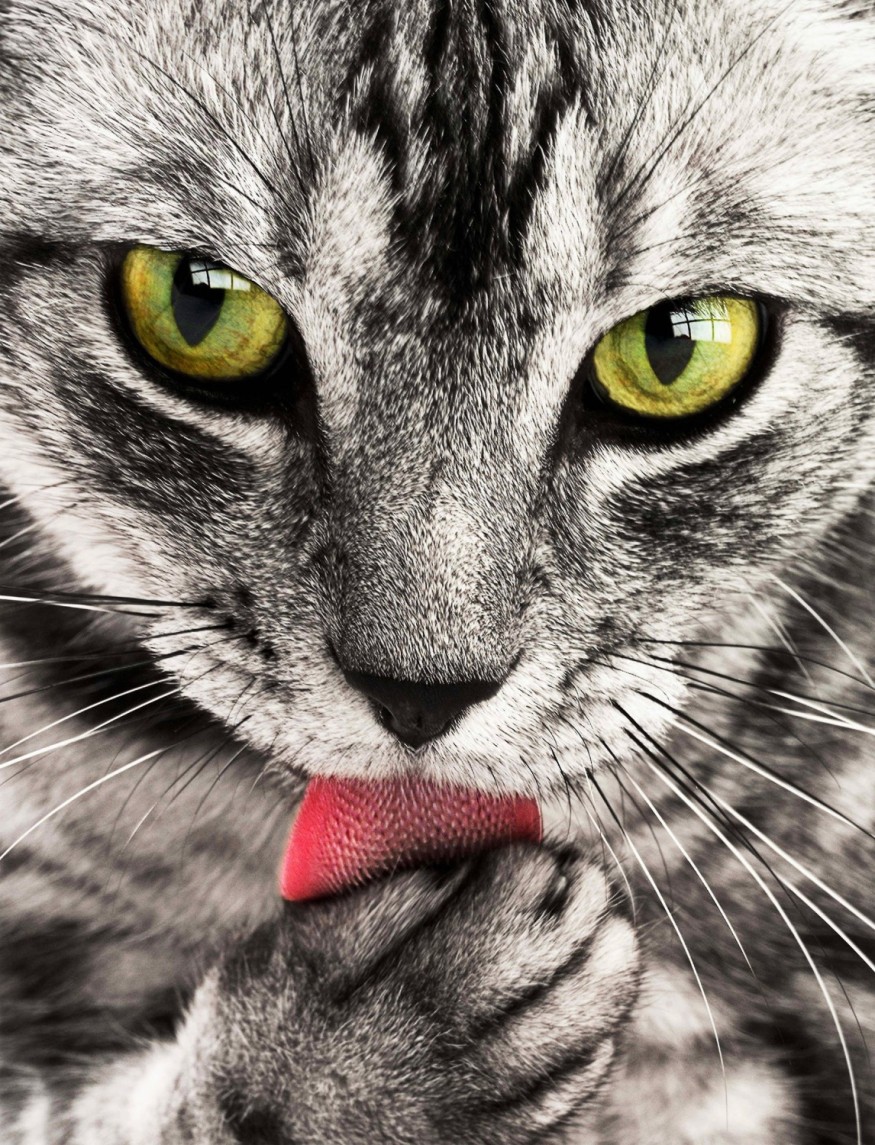
In Belgium, a cat has recently apparently been infected with SARS-CoV-2 virus, and it could have the COVID-19 disease. It is the first case to be reported, suggesting that cats can catch SARS-CoV-2. However, no evidence yet exists that they have a role in spreading it. It is also still not clear if they are susceptible to COVID-19 disease.
KU Leuven microbiologist Emmanuel André stated in a news conference sponsored by the Public Health Institute of Belgium that the case is an isolated one.
According to Science News, the virus could have been contracted from the cat's owner, who got sick from the disease after returning from a trip to northern Italy. After a week, signs of infection was shown by the cat, including diarrhea, nausea, and respiratory problems. Its vomit and stool had high virus content.
The case has not been fully confirmed because it was only the owner who collected the samples and sent them to the laboratory. The cat has also not yet been examined by a veterinarian. After nine days, the animal recovered; it is still in quarantine, and researchers are going to test its blood for antibodies to confirm for COVID-19 infection. The results will be out within one week.
However, even if the animal does have antibodies, it is still not a definitive proof that the cat got sick from COVID-19 because many other disease-causing microorganisms cause the same clinical signs, particularly abdominal and respiratory problems. The University of California, Davis veterinarian Jane Sykes states that they do believe the cat got infected because of the massive amounts of virus in its vomit and stool, as detected by several tests over many days.
The SARS-CoV-2 virus hacks into its host's cells by latching on to ACE2, or the angiotensin-converting enzyme II protein. Humans and cats have different versions of the protein, which are almost identical in the areas where the coronavirus binds. In SARS, the causative agent has the same method of breaking into the cells as its close relative SARS-CoV-2. SARS is known to have infected ferrets and cats in vitro. Cats, however, did not show signs of disease in SARS.
A study published in the Journal of Virology noted that the virus might be able to recognize the ACE2 in ferrets, cats, bats, monkeys, and orangutans. According to another study, the infection has been confirmed in ferrets.
Meanwhile, in dogs, two have so far been found positive, the first and the second cases of which occurred last March. Neither had clinical signs, but the first one died shortly after being released from quarantine. The ACE2 protein is a little different in canines, which could make it harder for SARS-CoV-2 to recognize it and infect dogs.
Hong Kong continues to screen animals who have owners positive for the virus. From eight cats and 17 dogs tested, two turned out positive. Idexx Laboratories, which has its own RealPCR test for animals, has tested more than 4,000 cats, horses, and dogs in the US and S. Korea, none of which turned out positive. It is expanding its testing range to Canada and Europe.
Sykes reiterates that if COVID-19 was a problem for animals, they should have known it by this time. She states that dogs and cats are "dead-end" hosts, which get infected, shed the virus, but are not likely to shed enough of it to infect people.
© 2026 NatureWorldNews.com All rights reserved. Do not reproduce without permission.





